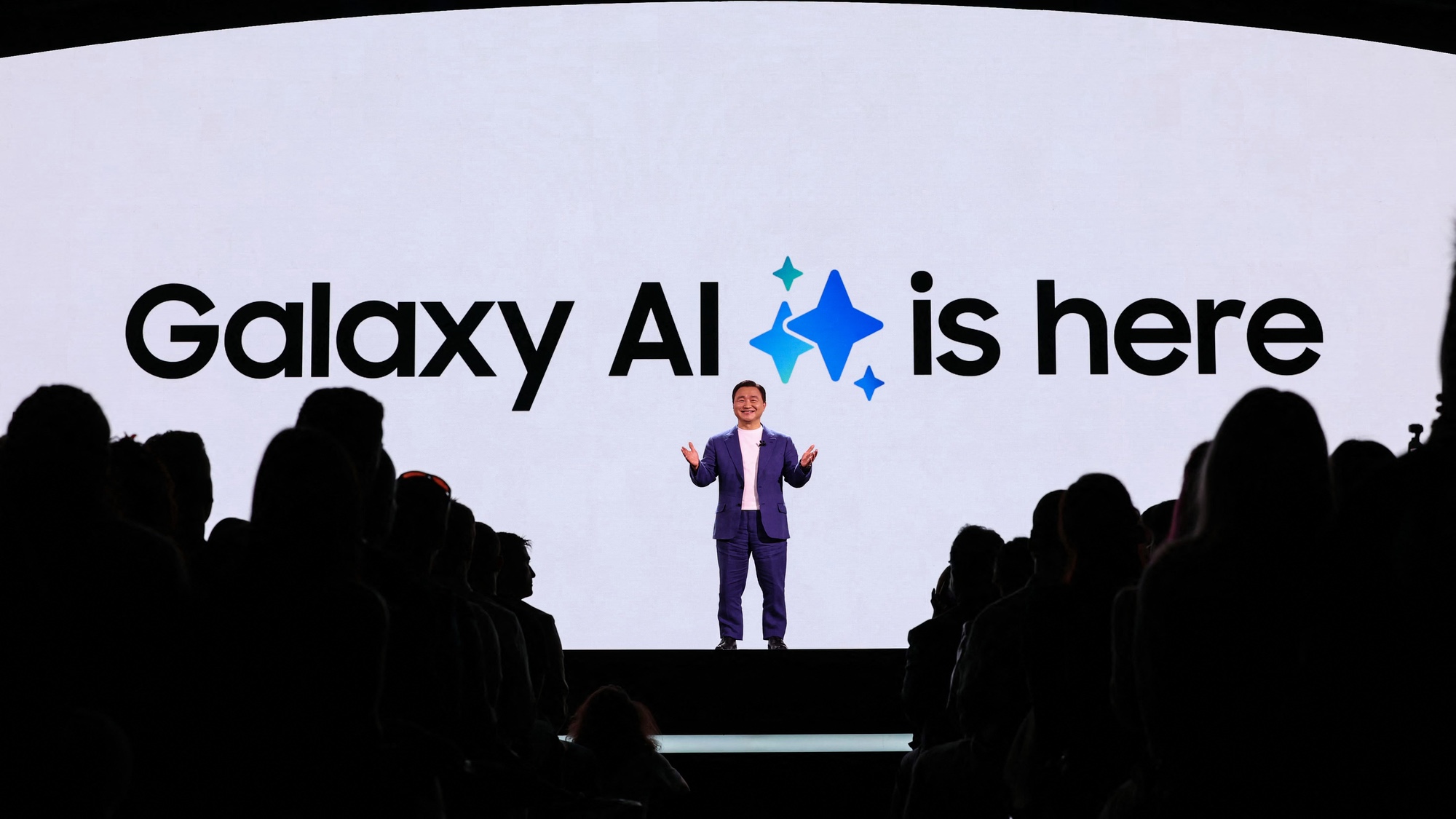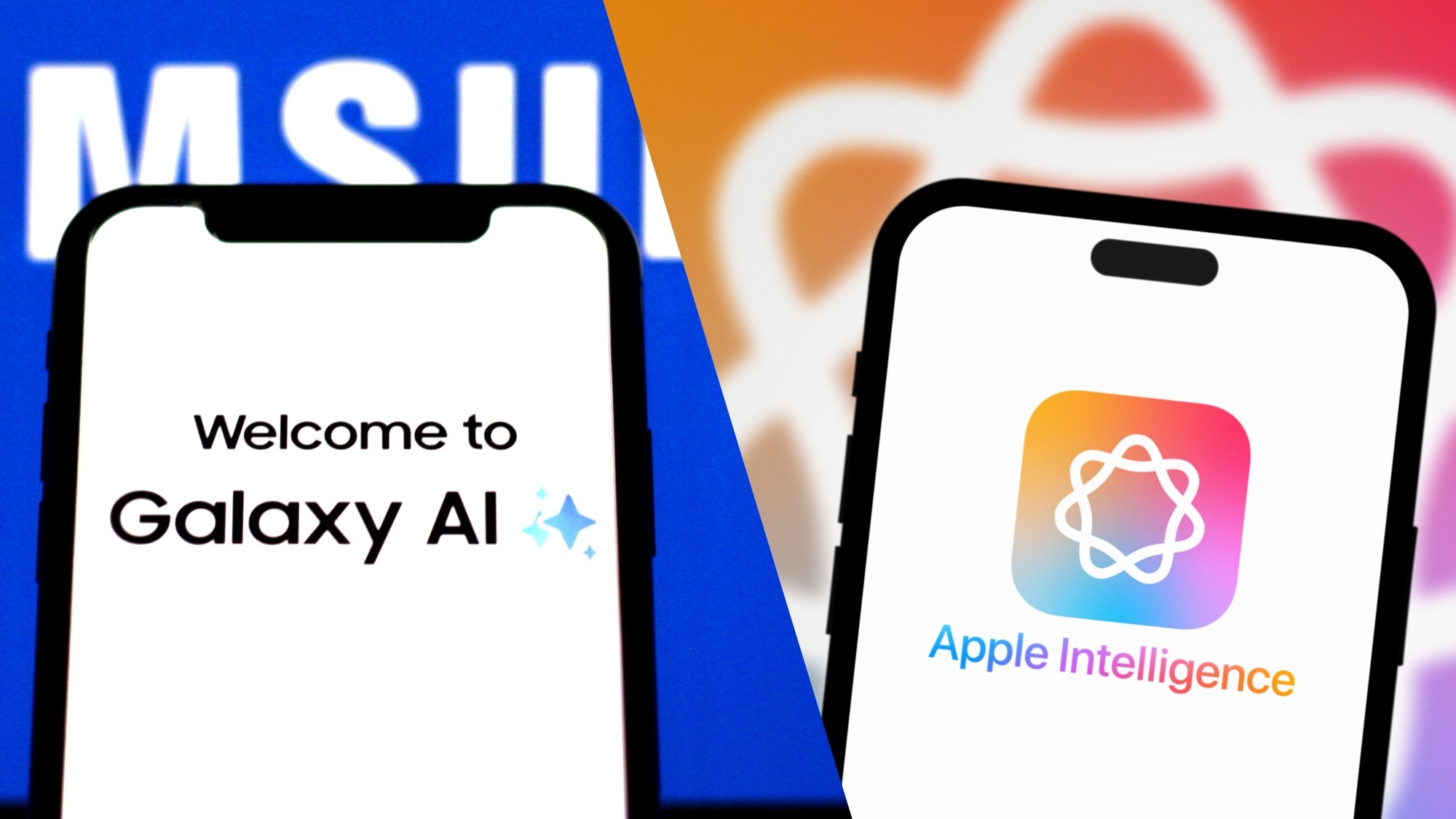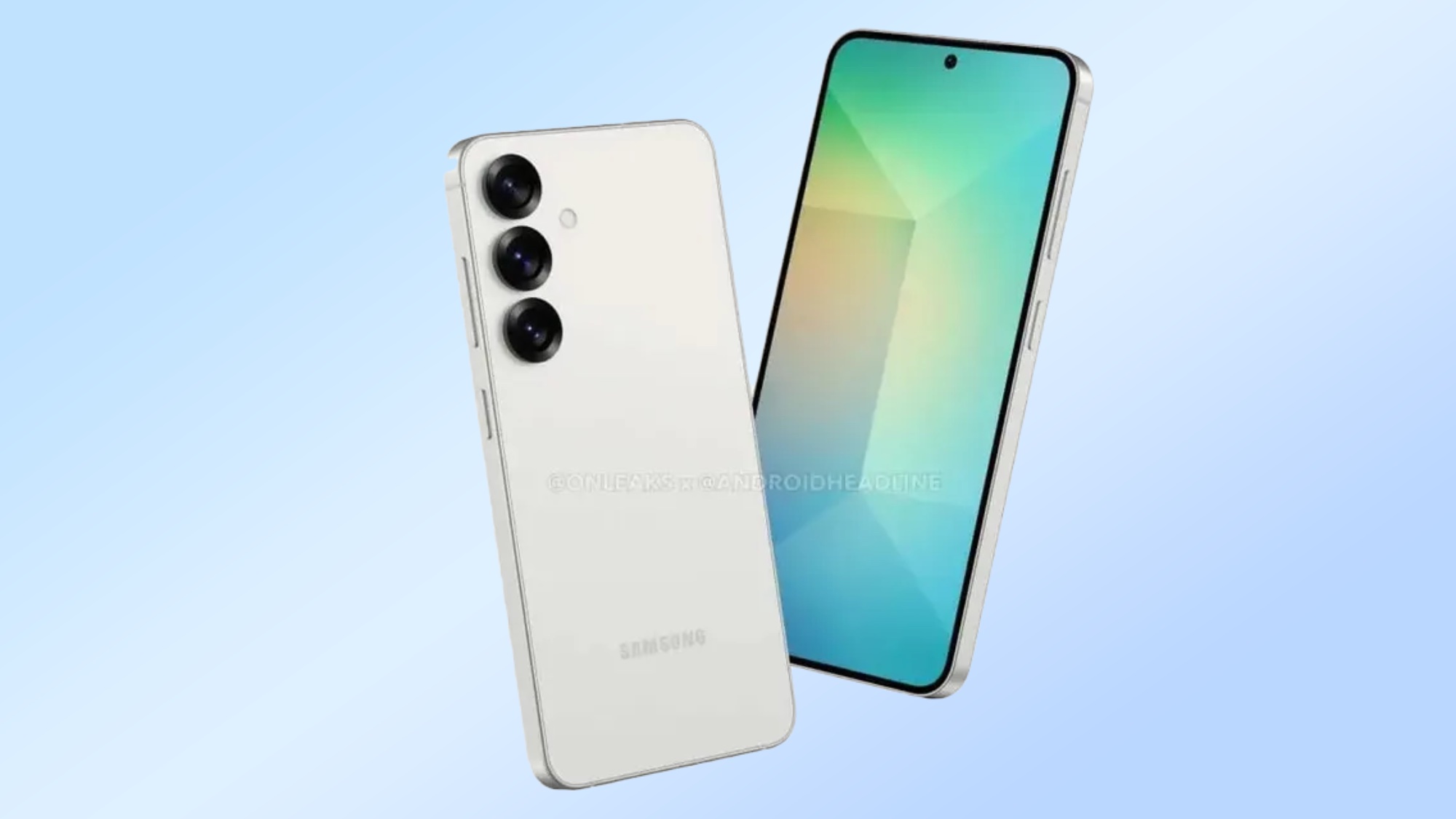
The Samsung Galaxy S25 phones arrive next month, at least if rumors of a likely January launch date prove accurate. And we should be in for some pretty exciting new flagships based on leaked details about Samsung's latest devices.
The Snapdragon 8 Elite tipped to power the entire Galaxy S25 lineup is big news, of course — not just because of the performance improvements we've seen the chip deliver in preliminary benchmarks, but also for how it could help Samsung's phone better manage power efficiency.
If you're awaiting the Galaxy S25 Ultra, you could see a lot of significant camera upgrades from a higher resolution ultrawide camera to a telephoto lens with variable focal lengths. And it's already been confirmed that Samsung's long-awaited One UI 7 interface powered by Android 15 will debut alongside the new S25 models.
It's all very exciting, and all of it should take a backseat to the Galaxy AI features set to debut on the new phones.
The Galaxy S25 launch will mark the rarest of occasions for a new smartphone — any hardware enhancements or additions will play second-fiddle to the new software that's arriving on the device. And make no mistake: Samsung is putting most, if not all, of its eggs in the Galaxy AI basket with the Galaxy S25.
Galaxy AI in the Apple Intelligence era

Back when the company's quarterly financial report confirmed plans to bring new flagships to market in the first part of 2025, Samsung executives talked up "plans to enhance the Galaxy AI experience to drive innovation in everyday life." That's setting expectations rather high.
But you can understand why Samsung plans to make AI the big focus of its upcoming phones — everyone else is doing it, too. When Galaxy AI features made their debut onboard the Galaxy S24 earlier this year, Google was already several generations into highlighting the AI-powered capabilities as the centerpiece of its Pixel flagships. Since then, Apple has thrown its hat into the AI ring with the launch of Apple Intelligence shortly after the iPhone 16 arrived this past fall.
Samsung still finds itself well ahead of Apple, its chief rival in the smartphone market, when it comes to AI features. The initial round of Galaxy AI capabilities arrived fully formed for the most part and have since made their way down to previous versions of Samsung flagships. The Apple Intelligence rollout figures to continue well into the next year, and it's limited to just the new iPhone 16 models plus 2023's iPhone 15 Pro offerings.
The Galaxy S25 launch gives Samsung the opportunity to maintain or even extend that lead in AI capabilities. That's why it's so crucial for the phone maker to build on the success of the initial Galaxy AI launch, which excelled primarily because the standout features — real-time translations and transcriptions, enhanced searches and supercharged photo editing — fit so easily into how we already use our phones.
What to expect with Galaxy AI and Galaxy S25

So what does Samsung do for an encore with the Galaxy S25 and Galaxy AI? That's a lot harder to answer.
Hardware improvements are easy to anticipate because a lot of them — make the battery last longer, make the processor faster — are pretty self-evident. Add that to the fact that phones makers have supply chains, and those supply chains are apparently filled with people who've got nothing better to do than share things with leakers, and we get a pretty good idea of what's going to change about a phone long before its launch event.
Software is different. Since it's developed in house, you're a lot less likely to come across any loose lips letting slip a company's plans for new phone features. And that's why when it comes to upcoming Galaxy AI improvements, we're largely in the dark.
Still, some details have trickled out, mostly involving Bixby, the often-overlooked assistant on Samsung flagships. Reports suggest that Samsung wants to make Bixby smarter, adding generative AI features that make it behave more like ChatGPT.
To some extent, this effort is already in motion. At the launch of a foldable phone in China, Samsung showed off a revamped version of Bixby, and according to Sammobile's account of events, the next-gen assistant is a lot better at understanding context. Specific examples include you asking Bixby for what the weather's like in a given location and getting a forecast, followed up by asking how long it will take to get there and getting details on traffic conditions. All of this happens without you having to specify what exactly you're talking about — Bixby is able to follow the context of the conversation because it's gotten a lot better about support natural language queries.
In a more promising example cited by Sammobile, you can agree to meet at a specific place with a friend in a chat and then turn around and tell Bixby to get you directions there. Bixby knows what you're talking about just by the information that's on the display of your Galaxy device.
A lot of this sounds like things that Apple is already offering or hoping to offer with Apple Intelligence. That greater understanding of on-screen context, for example, is a feature Apple's promised as part of it retooled Siri assistant. Another new capability that's apparently part of Bixby — the ability to offer step-by-step instructions on how to use your Galaxy phone — is something that launched with Apple Intelligence in the iOS 18.1 update. And a rumored deal that would add ChatGPT to Samsung devices is something that's launching soon on the iPhone with iOS 18.2, which is already in public beta.
Galaxy AI outlook
And that brings us back to the challenge facing Samsung with Galaxy AI and the Galaxy S25 launch. With Apple now adding AI capabilities to its own devices, Samsung is going to need to differentiate the features that Galaxy AI brings to the table. Based on the reports we've heard so far, it sounds like a lot of the same things. So I'm hoping that whenever Galaxy Unpacked happens in January, Samsung can offer up a few software surprises.
AI features on our phones are going to continue to evolve — adding more features as the models get smarted and the hardware improves to support more on-device capabilities. So it would be overstating things to say that the Galaxy S25 is a make-or-break moment for Galaxy AI. But people will be a lot more open to the idea of AI-focused phones if the features being added feel more essential and less like gimmicks. That the task facing Samsung as the Galaxy S25 launch gets closer.


.png?w=600)




